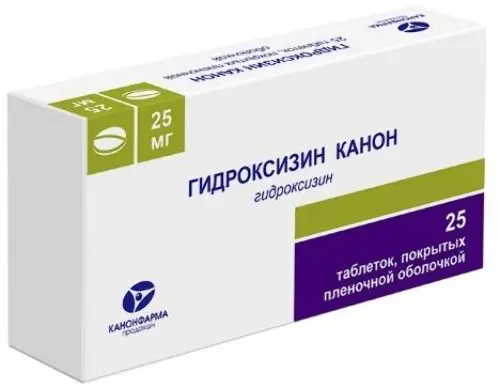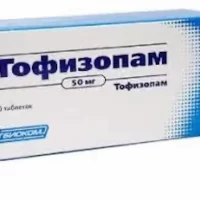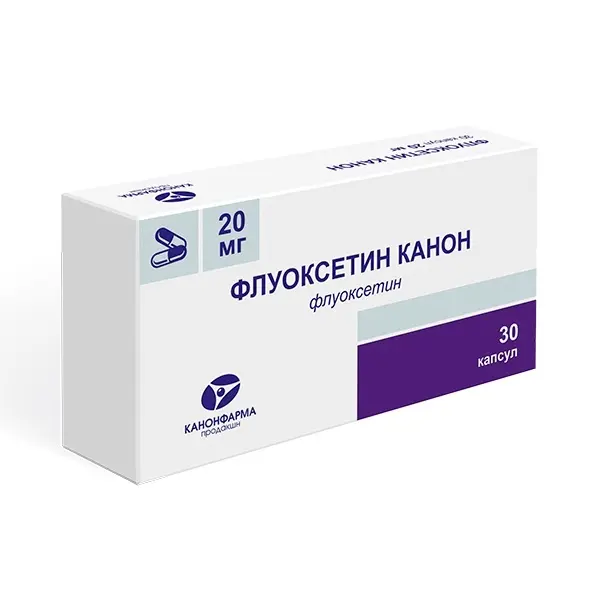Description
Hydroxyzine-Canon Pharmacodynamics
Hydroxyzine is a first-generation blocker of H1-histamine receptors, a derivative of phenothiazine with antimuscarinic and sedative properties and diphenylmethane, promotes inhibition of certain subcortical areas activity.
It has H1-histamine-blocking, bronchodilator and antiemetic effects, and has a moderate inhibitory effect on gastric secretion. Hydroxyzine significantly reduces itching in patients with urticaria, eczema and dermatitis.
Hydroxyzine has a positive effect on cognitive abilities and improves attention and memory. Hydroxyzine is not addictive or psychologically addictive, no withdrawal syndrome has been noted with prolonged use. Hydroxyzine is able to inhibit central nervous system, also has anticholinergic, antihistamine, antispasmodic, local anesthetic, sympatho-anesthetic effect, has muscle relaxant activity.
In hepatic insufficiency H1-histamine-blocking effect may be prolonged up to 96 h after a single dose. It has moderate anxiolytic activity.
Polysomnography in patients with insomnia and anxiety demonstrates prolongation of sleep duration and decreased frequency of nocturnal awakenings after single or repeated doses of hydroxyzine 50 mg. Reduced muscle tension in patients with anxiety was noted when the drug was taken at a dose of 50 mg 3 times daily.
The H1-histamine-blocking effect occurs approximately 1 hour after ingestion of the tablets. The sedative effect appears 30-45 minutes later.
Indications
-Symptomatic treatment of anxiety in adults.
-As a sedative during premedication.
-Symptomatic treatment of pruritus of allergic origin.
Contraindications .
-Hypersensitivity to any of the components of the drug, cetirizine and other piperazine derivatives, aminophylline or ethylenediamine.
-Porphyria.
-Children under 3 years of age.
-Pregnancy, childbirth and breast-feeding.
With caution.
In myasthenia gravis, prostatic hyperplasia with clinical manifestations, difficulty in urination, constipation, glaucoma, dementia, seizure disorders including epilepsy, tendency to arrhythmia, including electrolyte imbalance (hypokalemia, hypomagnesemia), in patients with a history of heart disease (in heart failure and arterial hypertension) or when using drugs that may cause arrhythmias, in hyperthyroidism. Hydroxyzine promotes reduction of gastrointestinal motility, development of stenotic peptic ulcer, respiratory disorders.
Use in pregnancy and during breast-feeding
The drug Hydroxyzine Canon is contraindicated during pregnancy, childbirth and breastfeeding.
Dosage and administration
- Children:
- For symptomatic treatment of pruritus of allergic origin:
- Ages 3 to 6 years: 1.0 mg/kg/day to 2.5 mg/kg/day in multiple doses.
- Ages 6 years and older: 1.0 mg/kg/day to 2.0 mg/kg/day in multiple doses.
- For premedication: 1 mg/kg the night before anesthesia.
- The dosage is calculated by the physician individually depending on the body weight of the child according to the recommended doses, and note that the minimum dosage received, after dividing the tablet, is 12.5 mg.
- Adults:
- For symptomatic treatment of anxiety: standard dose of 50 mg daily divided into 3 doses (1/2 tablet (12.5 mg) in the morning, 1/2 tablet (12.5 mg) in the afternoon, and 1 tablet (25 mg at night). In severe cases of anxiety, the drug is used in a dose of 50-100 mg 4 times a day.
- For symptomatic treatment of pruritus of allergic origin: the initial dose is 1 tablet (25 mg) before bedtime; if necessary, the dose may be increased to 1 tablet (25 mg) 3-4 times a day.
- For premedication in surgery: 2-8 tablets (50-200 mg) at night before anesthesia.
The single maximum dose for an adult should not exceed 8 tablets (200 mg); the maximum daily dose is not more than 12 tablets (300 mg). - Use in special groups of patients:
- When administered in elderly people, the dose is adjusted individually with regard to comorbidities within the range of recommended doses (see section Pharmacokinetics).
- Use in patients with renal insufficiency and hepatic impairment:
Patients with severe to moderate renal impairment and hepatic impairment require dose reduction. In patients with hepatic impairment it is recommended to reduce daily dose by 33%. In patients with severe and moderate renal failure the drug is used in half dose due to reduced excretion of the main metabolite of hydroxyzine – cetirizine.





